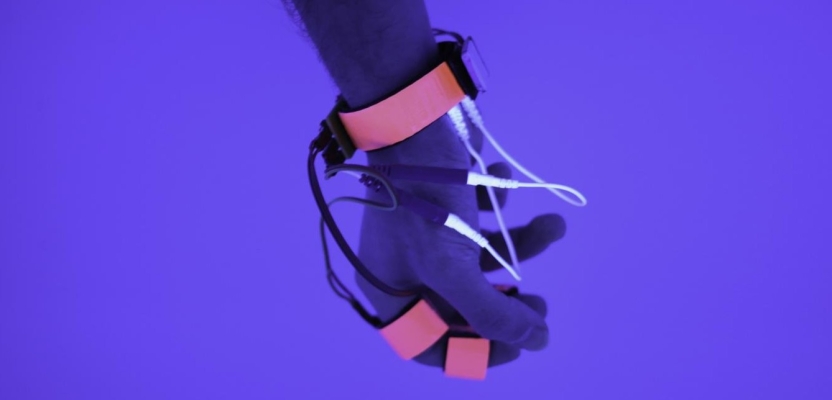In a world where our homes are filled with smart devices that listen to our every word and our phones have essentially become extensions of ourselves, sleep has been one of the last sanctuaries free from the clutches of advertisers. However, this sanctuary may soon be breached, as experts warn that dream advertising could become a reality.
Dreams hold significant meaning for so many people, and researchers have found that they play a vital role in helping us make decisions about our future. Understanding this, marketers are eager to access our dreams, seeking to influence us even while we sleep. According to the American Marketing Association of New York, three-quarters of marketers aim to deploy dream advertising technologies by 2025.
It’s Closer Than You Think
While the idea of dream advertising may seem far-fetched, scientists have already begun exploring methods to alter dream content.
In 2020, a researcher from MIT used a device called Dormio (see header image) to influence subjects' dreams by playing them specific auditory stimuli during the transitional state between wakefulness and sleep. Although this technology is still in its infancy, it serves as a glimpse of what could potentially become the ultimate form of product placement.

However, the idea of advertisers infiltrating our dreams raises serious ethical concerns. Utilizing smart devices to initiate dream advertising without explicit consent would be a blatant violation of privacy and consent rights. Such a strategy, though possible, is highly unlikely due to the potential legal consequences.
Safety First
Despite the temptation for marketers to exploit dream advertising, experts like Robert Stickgold and Adam Haar Horowitz advocate for protective policies to safeguard our dreams. They emphasize the urgent need for proactive action to prevent advertisers from manipulating this last refuge of our conscious and unconscious minds.
These emerging technologies have the potential for more noble applications. Instead of invading our dreams for commercial gain, they could be harnessed for purposes like nightmare treatments, learning enhancements, overnight therapy, creativity augmentation, and overcoming addiction.
To avoid the ethical pitfalls associated with dream hacking, Stickgold and Haar propose some fundamental principles. First, they stress the importance of obtaining explicit consent before attempting to manipulate someone's dreams. Second, they call for the design of tools that do not foster dependency or unhealthy behaviours. Finally, they urge scientists and technologists to minimize any negative impact on sleep quality.
See You in Your Dreams
As we move toward an increasingly connected and technologically advanced future, it is crucial to strike a balance between innovation and ethical considerations. Dream hacking, if not properly regulated, could indeed represent a dystopian future of advertising.

Rosina Esquivel
However, with responsible policies and ethical guidelines in place, these emerging technologies may instead offer exciting possibilities for enhancing various aspects of our lives. The key lies in ensuring that our dreams remain a personal and sacred realm, untainted by commercial interests.





Safnah IT Services September 1st, 2023, in the morning
As marketers seek new avenues to influence consumers, the idea of infiltrating our dreams may not be as far-fetched as it seems. However, ethical concerns and privacy rights must be carefully considered before such technologies are deployed. By establishing responsible policies and guidelines, we can explore the positive applications of dream-altering technologies while preserving the sanctity of our subconscious minds.